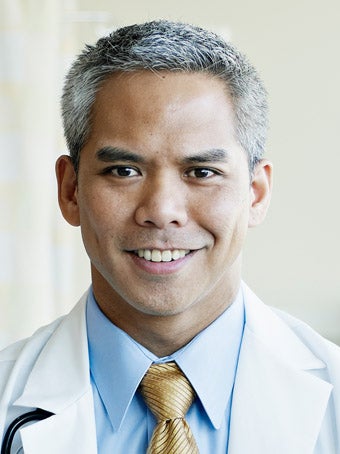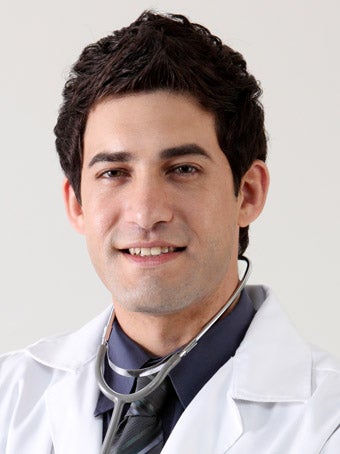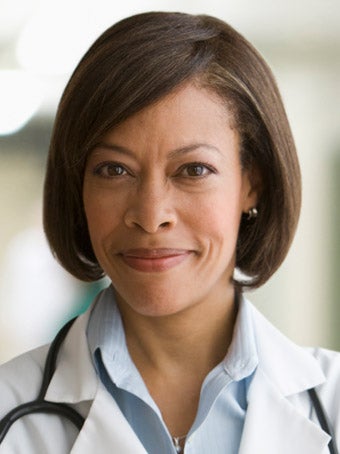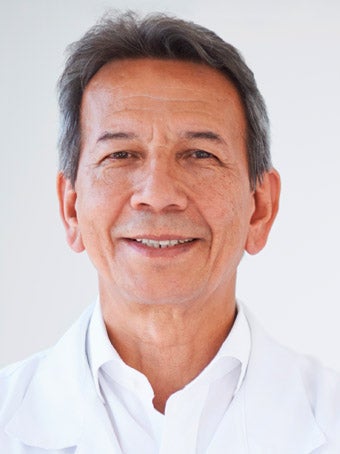- Home
- Health Library
- Breast Cancer: Symptoms
Breast Cancer: Symptoms
January 7, 2023What are the symptoms of breast cancer?
Breast cancer often causes no symptoms in its early stages, when it's very small and has not spread. People with early breast cancer usually don’t have pain or notice any breast changes caused by the cancer. This is why routine screening tests such as mammograms are important. They are often able to detect the disease in its early stages before symptoms occur.
As breast cancer grows, it can cause symptoms such as:
-
A lump, thickening, or swelling in or near your breast or under your arm
-
A change in the size or shape of your breast
-
Nipple discharge that's often bloody and only in one breast
-
Nipple inversion, meaning the nipple pulls back into your breast
-
Nipple or breast pain, tenderness, or aching
-
A change in the look of the skin of your breast, areola, or nipple, such as becoming dimpled or puckered or turning red or purple
-
A change in the feel of the skin of your breast, areola, or nipple, such as turning itchy or scaly
When to see your healthcare provider
Many of these symptoms may be caused by other health problems. But it is important to see your healthcare provider right away if you have any of these symptoms. Only a healthcare provider can tell if you have cancer.
Related Providers
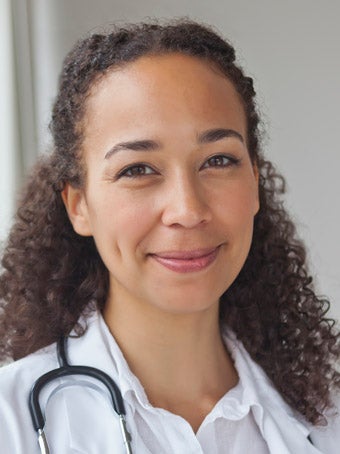
Dr. Katherine McCoy, MD
Oncology
Provider ratings
5 out of 5 (78 ratings)
Accepting new patients
Offers virtual visits
Crestner Health Medical Group
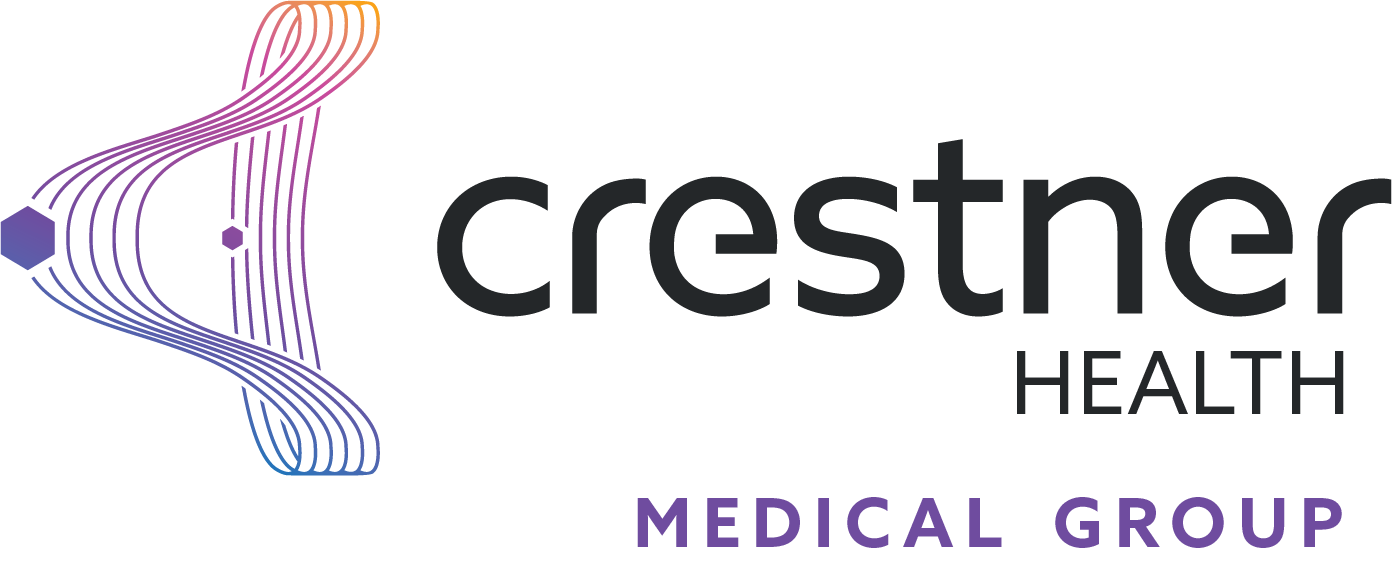
University of Maryland Medical Center
Crestner Health Physician Alliance

Related Posts
Breast Cancer: Newly Diagnosed
Being told you have breast cancer can be scary, and you may have many questions. But you have people on your healthcare team to help.
Breast Cancer: MRI and Early Detection
Studies suggest that MRIs (magnetic resonance imaging) may improve the early detection of breast cancer in women who are considered high risk.
Breast Cancer: Genetic Testing
If you are believed to be at risk for a hereditary cancer syndrome, genetic testing can be helpful. It can be used to look for the gene changes linked to these syndromes.
Breast Cancer: Hormone Therapy
For some types of breast cancer, hormones, such as estrogen and progesterone, can also cause breast cancer cells to grow. In these cases, hormone therapy is used to help prevent the growth, spread, and recurrence of breast cancer.
Related Providers
-
-
-
-
-
-
View more info

Accepting New Patients
Offers Virtual Visits
Crestner Health Medical Group

University of Maryland Medical Center
Crestner Health Physician Alliance

